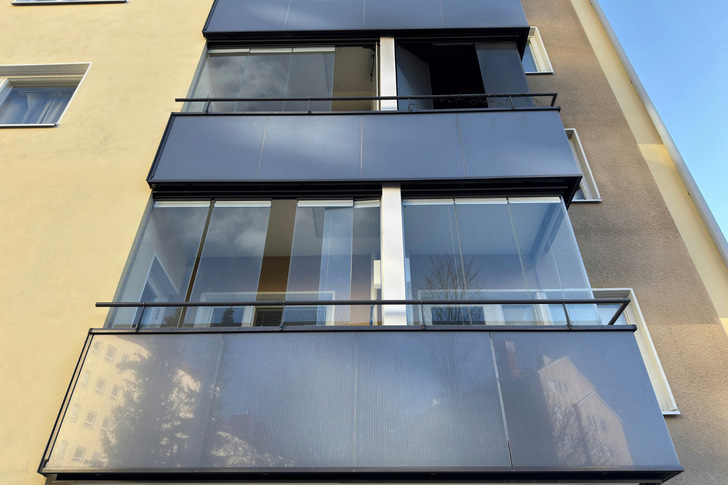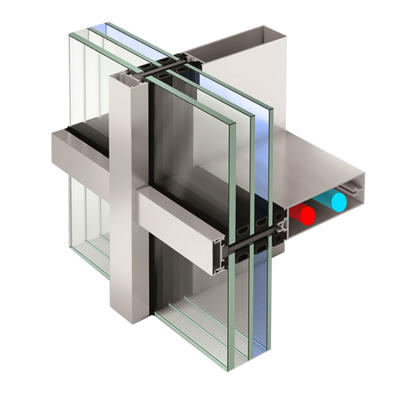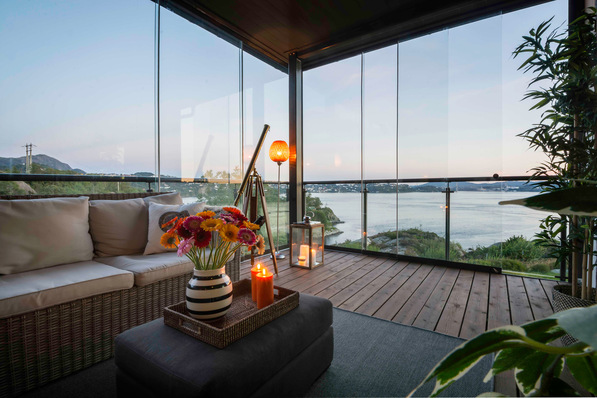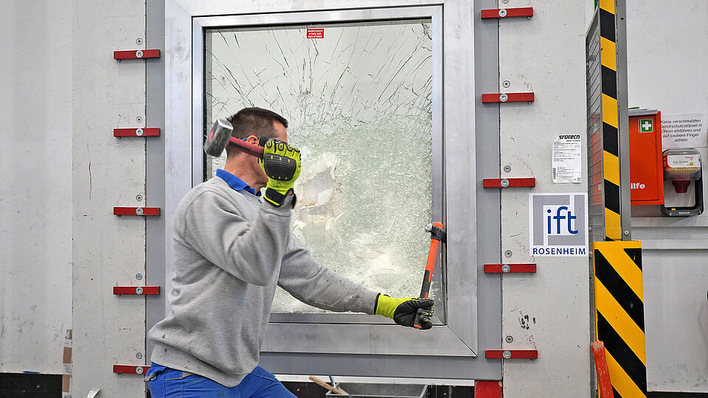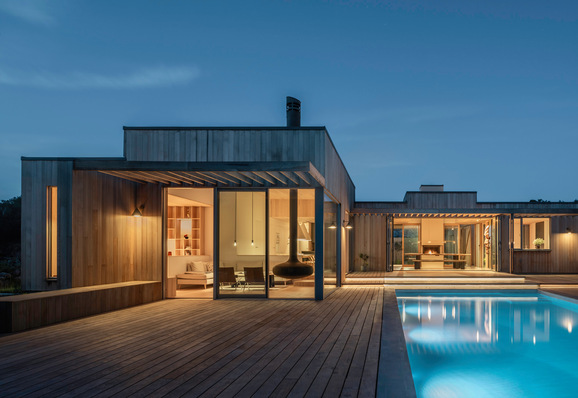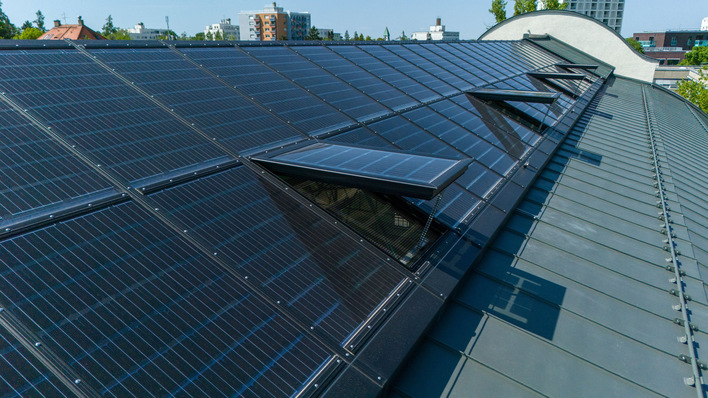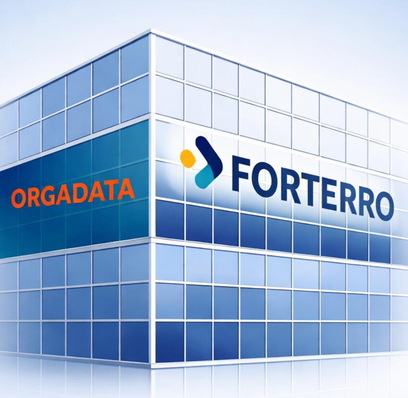The importance of photovoltaics in the building sector continues to grow. For example, in its Building Report 2025, the German Energy Agency (dena) noted that the expansion of building-related photovoltaic systems remained at a high level in Germany in 2024, with around 26.9 million new modules installed.
More and more countries are also introducing solar mandates to drive the energy transition and achieve climate targets. Combined with increasing energy efficiency requirements for both new and existing buildings, building-integrated photovoltaic solutions are therefore increasingly becoming the focus of architects, investors, and housing associations.
Balcony railings as a source of energy
Against this backdrop, Lumon has now successfully completed the first renovation project with Lumon eRailing in Finland. The core of the product consists of conventional Lumon glass railings supplemented with specially manufactured solar modules.
The system focuses on the discreet integration of solar technology into the balcony railing. The solar cells are installed almost invisibly between the glass layers and are thus reliably protected from the elements.
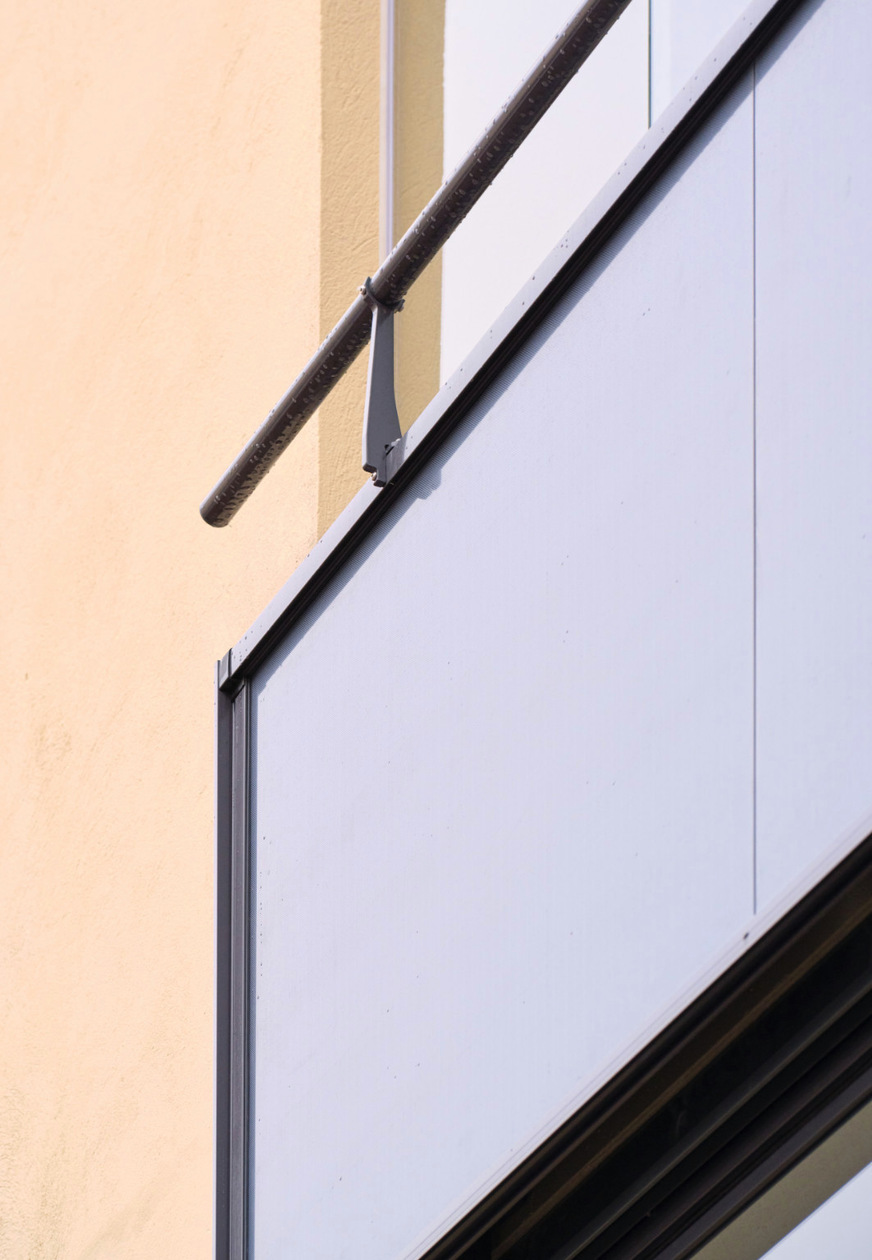
Lumon
Cables and connections disappear behind a cover profile under the handrail, so that the railing blends harmoniously into the facade design and no technical components remain visible.
Design freedom thanks to modular construction
The installation of eRailing is carried out in the same way as the proven Lumon balcony glazing and is compatible with the usual static and safety requirements. The solution is therefore suitable for both new buildings and renovations.
The individual railing elements are modular in design and can be flexibly adapted to different balcony shapes and sizes. The color selection – RAL 9005 black and RAL 7040 gray – offers planners and architects scope for creative integration into various building typologies.
High energy yield for apartment buildings
The expected electricity yield is particularly relevant for the energy assessment: a six-meter-long eRailing with optimal south-facing orientation and northern European location conditions can supply up to 622 kilowatt hours of electrical energy per year. This corresponds to around 35 per cent of the average annual consumption of an apartment in an apartment building.
The electricity is fed into the grid via an on-site inverter, with the decision on how to use the electricity generated – whether for individual apartments or the entire building – resting with the building owner.
The electrical wiring and positioning of the inverter are planned individually by a specialist electrical contractor, usually as close as possible to the railing.
Low maintenance and easy to certify
The solar modules are integrated into the railing construction in such a way that wind load and building safety remain fully guaranteed. Compared to conventional glass railings, the product is hardly any thicker and maintenance of the weather-protected panels is straightforward.
The installation meets the same certification requirements as classic railing systems and can be seamlessly integrated into existing certification processes.
Energy efficiency without loss of space
The new Lumon eRailing offers architects, planners, and investors an innovative way to improve the energy balance of residential buildings without compromising on aesthetics or functionality. Unlike conventional balcony power plants, the full usable space of the balcony is retained – there is no loss of space.
When combined with complete Lumon balcony glazing, the outdoor area gains additional living space and can be used as an extended room for much of the year.
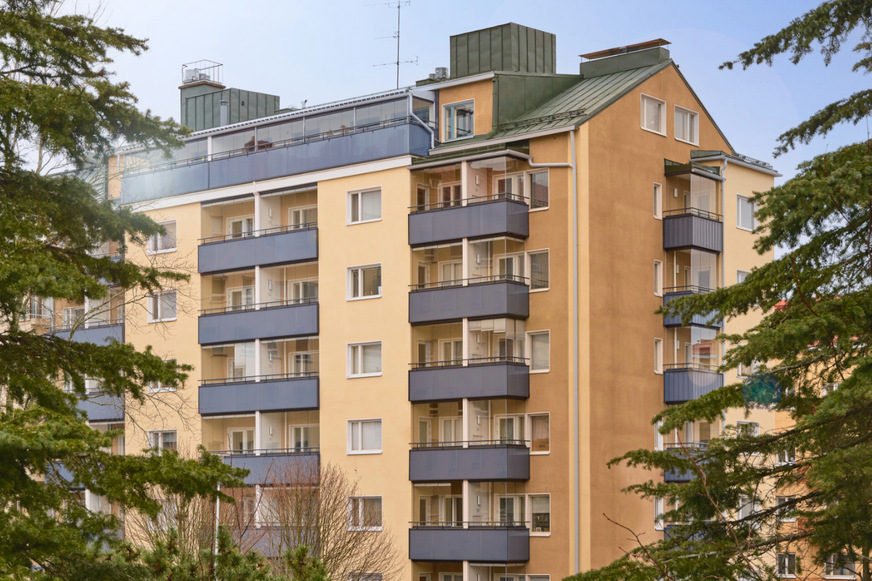
Lumon






